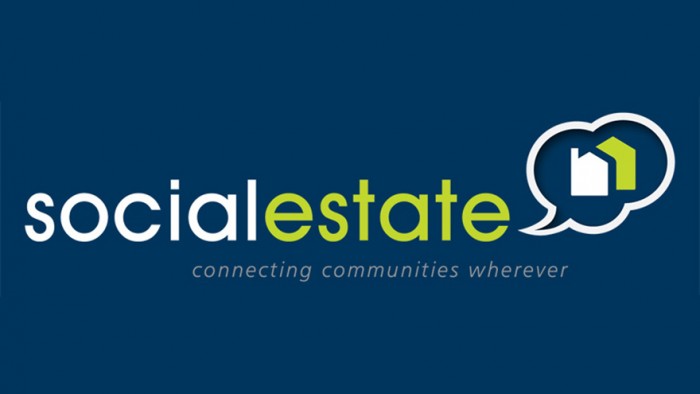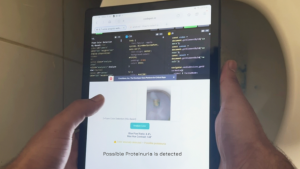
When Johannesburg developer Ross Glenn was appointed to the board of trustees of the Body Corporate of the sectional title complex in which he lives he was keen to get the job done and be as helpful and efficient as possible.
He soon found though that it wasn’t as easy as he thought it might be. Communication between the trustees and the homeowners is a key part of successful management in these gated communities but the facilitation thereof is often problematic.
In response to this problem Glenn came up with Social Estate, a sectional title app that facilitates communication between homeowners, trustees and managing agencies within titled schemes.
Social Estate provides trustees and members with a single point of contact, eliminating the need for emails, phone calls or even meetings, while simultaneously minimising the work load and time demands on the trustees.
Using Social Estate is as simple as owning a smartphone. Establishments can be registered for a 90 day free trial after which, if the members would like to continue using Social Estate, can upgrade to a very affordable monthly subscription. The first member (usually a trustee or managing agent) to register an establishment automatically becomes a manager of the establishment. Other members (trustees, residents, owners and service providers) are then invited to link to the establishment.
Just like one would get notices and communications about things happening in a complex, so Social Estate updates you on all you need to know about what’s going on in your complex – an online community of your real-life neighbours!
To ensure the safety and privacy of the community, all new links (members) must first be approved by the management before being granted access to join their Social Estate community.
Once an establishment is registered it is completely self-managed by the linked members (the trustees and/or managing agent). There are two main user roles on the app, that of manager and that of user. The manager role deals with member management and admin functions, while the user role is for that of members who can submit tickets (requests/queries /suggestions etc) and participate in social activities.
Social Estate has a number of tools and features for efficient communication and management.
- A discussion board for sharing ideas
- Private discussion areas – where trustees can talk among themselves
- A helpdesk for managing requests – with an additional function that keeps the person that made the submission updated on the status of the request with notifications
- A poll where management can get consensus from residents on given topics
Even though the app only went public late last month, more than 40 establishments are already using Social Estate, says Glenn, with the number growing each day. He adds that while there’s been a bit of scepticism from people first trying it out, “as soon as they begin to use it and see the results they are very happy”.
Glenn laughingly admits that one of the biggest challenges in getting the project off the ground was getting his own complex to give it a go. It was that one difficult person that prompted him to develop the concept that was also the one who was the most difficult to convince of the viability of Social Estate.
With more unique features being added to the app in the near future, Glenn is also focussing on spreading the word about Social Estate and its capabilities. “I see it growing into a household name (in managed communities, of course) and becoming a standard requirement for titled schemes. The positive impact it can have on society and this is where I would like to see it grow, improving social well-being and bringing neighbours closer together by building relationships through a common media platform,” Glenn says.





